The Talking, Feeling & Doing Board Game
$56.95
100 in stock
Description
One of the most popular tools used in child psychotherapyThe questions and directions in each set of cards include items that are not anxiety provoking to items that are moderately anxiety provokingThe information gained while playing provides diagnostically meaningful insights into the child’s psychodynamicFor 2-5 playersAges: 4 and upA psychotherapeutic game for children. The first published therapeutic game by Richard A. Gardener, M.D., is still one of the most popular counseling tools used with children in therapeutic settings. A child’s responses while playing the game will reveal the psychological issues that are most important to him or her. Three types of cards offer prompts that will engage the child and, through their responses, reveal directions for therapeutic intervention. This therapy game is played like a standard board game. The child and therapist place their playing pieces on Start, then take turns throwing the dice, and moving their pawn along a path of squares. Depending upon the color of the square on which the piece lands, the player selects a talking card, feeling card, or doing card. The questions and directions in each set of cards include items that are not anxiety provoking – How old are you? – to items that are moderately anxiety provoking – Everyone in the class was laughing at a boy. What had happened? If the child responds they receive a token reward chip. The winner is the player who has accumulated the most chips after the players have reached Finish. The child’s responses are generally revealing of those psychological issues that are most important at that time. The engaging game format utilizing token reinforcement enhances the child’s interest and elicits spontaneous revelations. The information gained provides diagnostically meaningful insights into the child’s psychodynamics, and is of therapeutic value because each response can serve as a catalyst for therapeutic interchanges.The game is of value in group psychotherapy, in the treatment of learning-disabled children because many of the cards are particularly applicable to these children, and with children who can reveal themselves more freely but who may also need a respite from more anxiety-provoking therapeutic endeavors.Contents:Game Board108 Talking Cards108 Feeling Cards108 Doing CardsSpinner6 PawnsChips2 DiceInstructionsThis game is intended for use by mental health professionals.
Additional information
| Weight | 3 lbs |
|---|


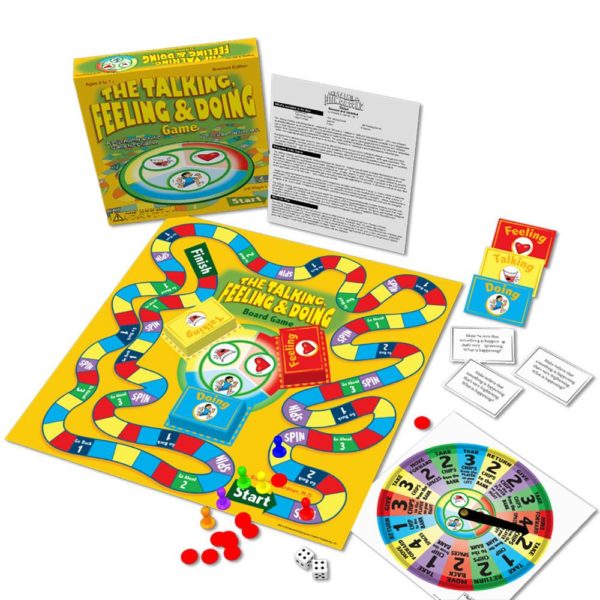
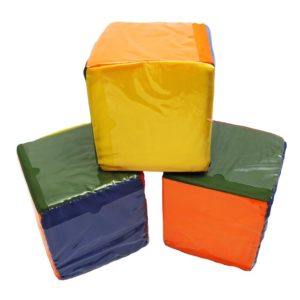

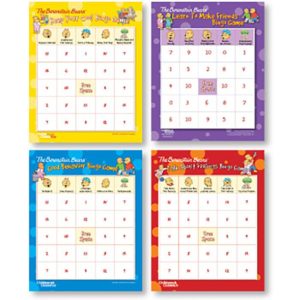

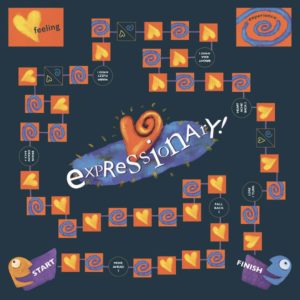
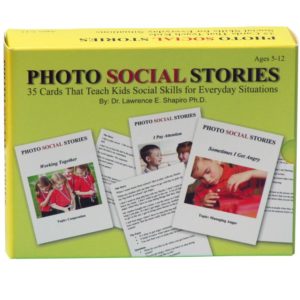

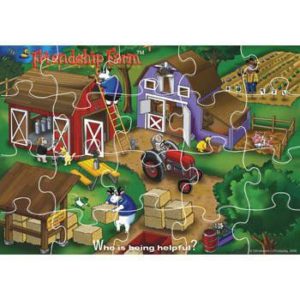

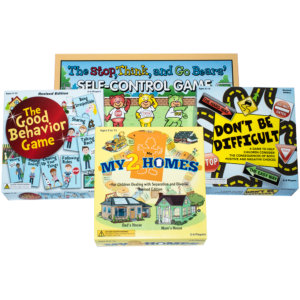
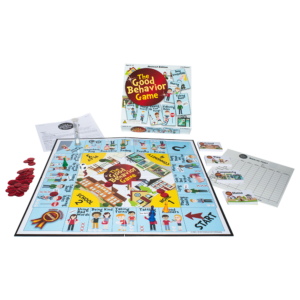
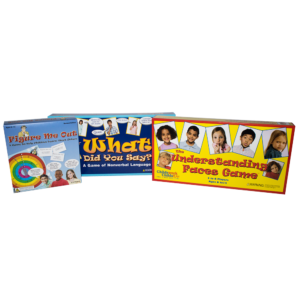

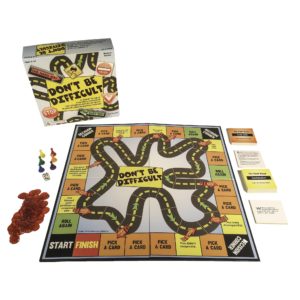
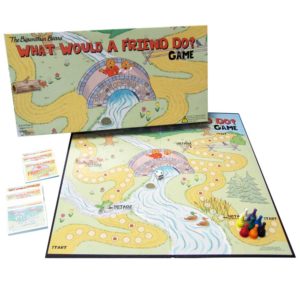

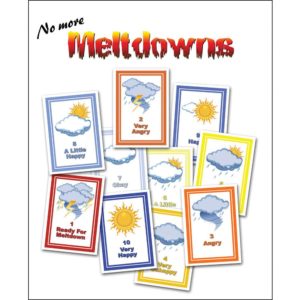

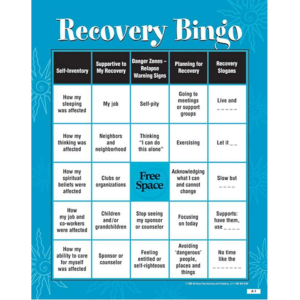
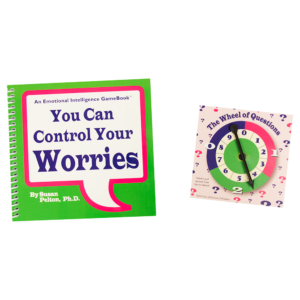

Reviews
There are no reviews yet.